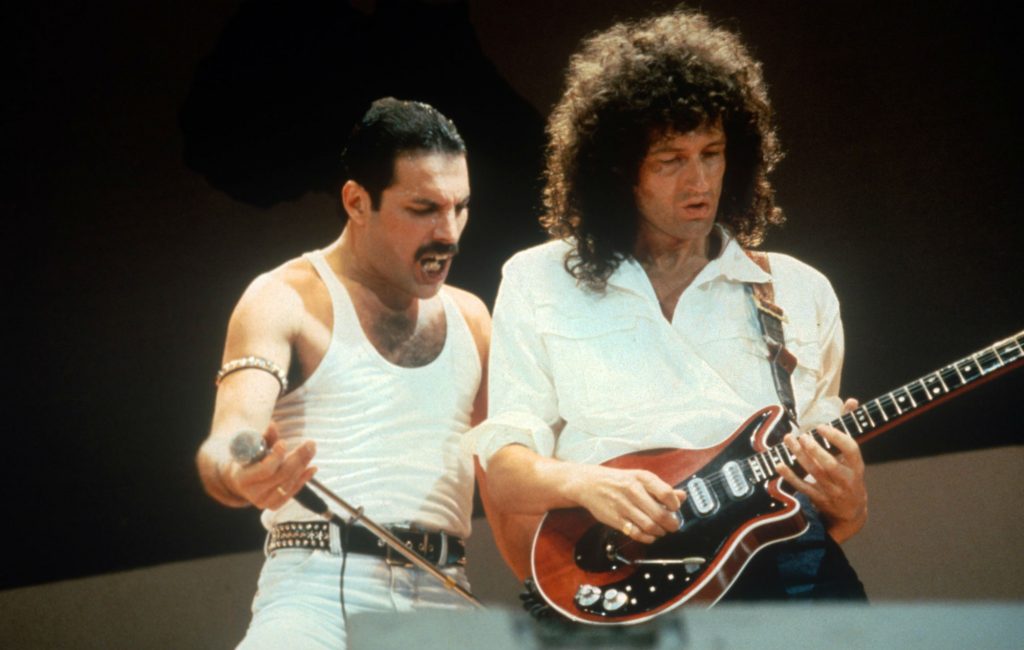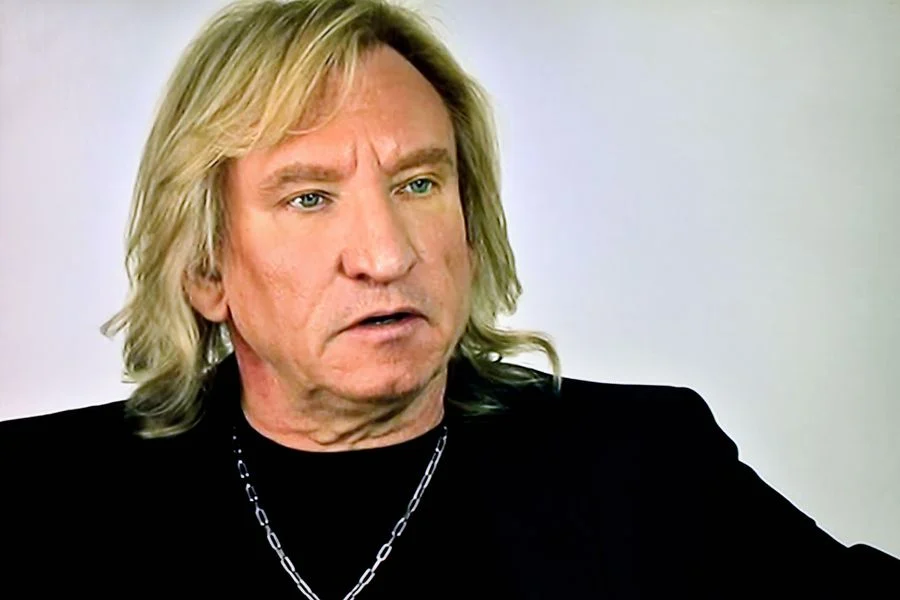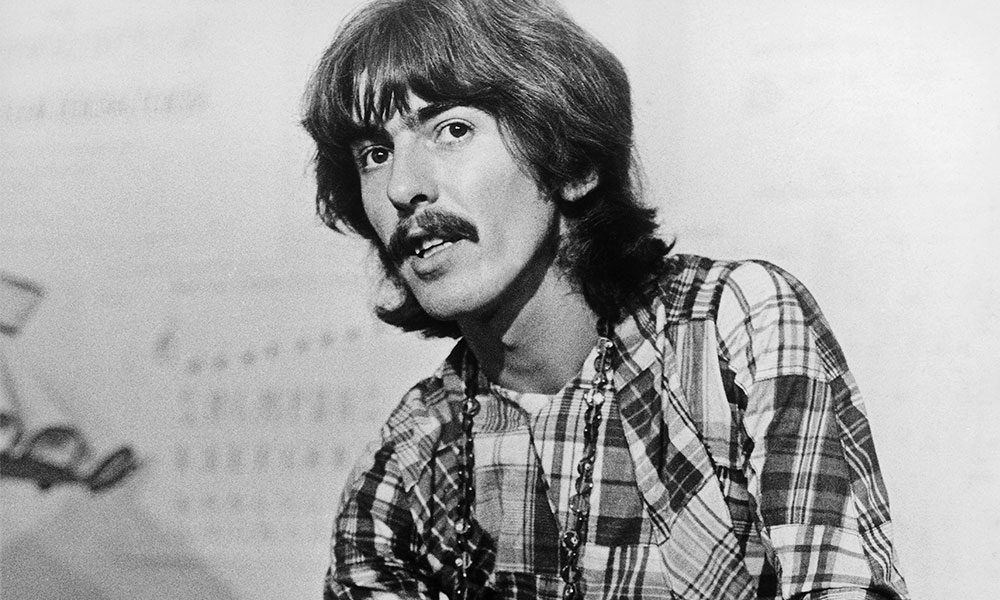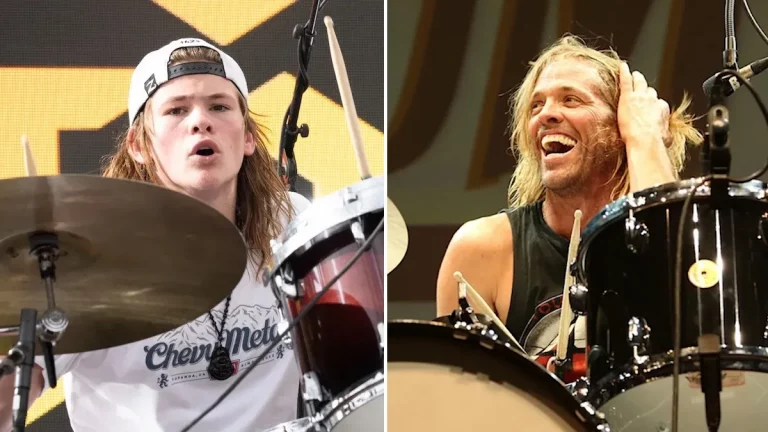Robert Plant has consistently taken a tactful stance when it comes to the topic of a Led Zeppelin reunion, often sidestepping speculation without direct comment. His silence was particularly notable following the release of the widely praised Becoming Led Zeppelin documentary, which introduced the iconic band to a fresh generation of fans.
Still, Plant has never distanced himself from Led Zeppelin’s musical legacy when it comes to his live performances. A newly resurfaced video of his 2014 appearance at the Pinkpop Festival in the Netherlands proves just that. Shared recently via the festival’s official YouTube channel, the footage captures Plant and his band, the Sensational Space Shifters, delivering a dynamic nine-song performance featuring five Led Zeppelin staples.
The set kicks off with Babe I’m Gonna Leave You—originally written by American folk artist Anne Bredon but credited to “Trad. arr. Page” on Zeppelin’s debut LP. Plant follows with powerful renditions of Black Dog, Going to California, Ramble On, and Whole Lotta Love.
The rest of the set showcases a blend of blues and folk influences, including a cover of Willie Dixon’s Spoonful, the traditional tune Little Maggie, and two of Plant’s solo tracks: Funny in My Mind (I Believe I’m Fixin’ to Die)—inspired by Bukka White’s Fixin’ to Die Blues—and Tin Pan Valley.
Pinkpop’s YouTube channel also features memorable performances from a diverse lineup of acts such as Soundgarden, Rage Against The Machine, Lenny Kravitz, Sepultura, Rammstein, Korn, Smashing Pumpkins, Faith No More, and Skunk Anansie.
Next month, Robert Plant will return to the stage with Suzy Dian and their band Saving Grace, with scheduled shows across France and Spain. Full tour dates are listed below.
Saving Grace with Robert Plant & Suzi Dian: 2025 tour dates
Jul 10: Saint-Malô-du-Bois Festival de Poupet, France
Jul 13: Lucca Summer Festival, Italy
Jul 15: Antibes Theatre Antique Vienne, France
Jul 17: Vienne Theatre Antique, France
Jul 19: Salon-de-Provence Château de l’Empéri, France
Jul 21: Marciac Jazz in Marciac, France
Jul 23: Carcassonne Festival de Carcassonne, France
Jul 26: Granada Palacio De Congresos De Granada, Spain
Jul 28: Valencia Palau de les Arts, Spain
Jul 30: Barcelona Teatro Liceo – Milleni Concert Series, Spain

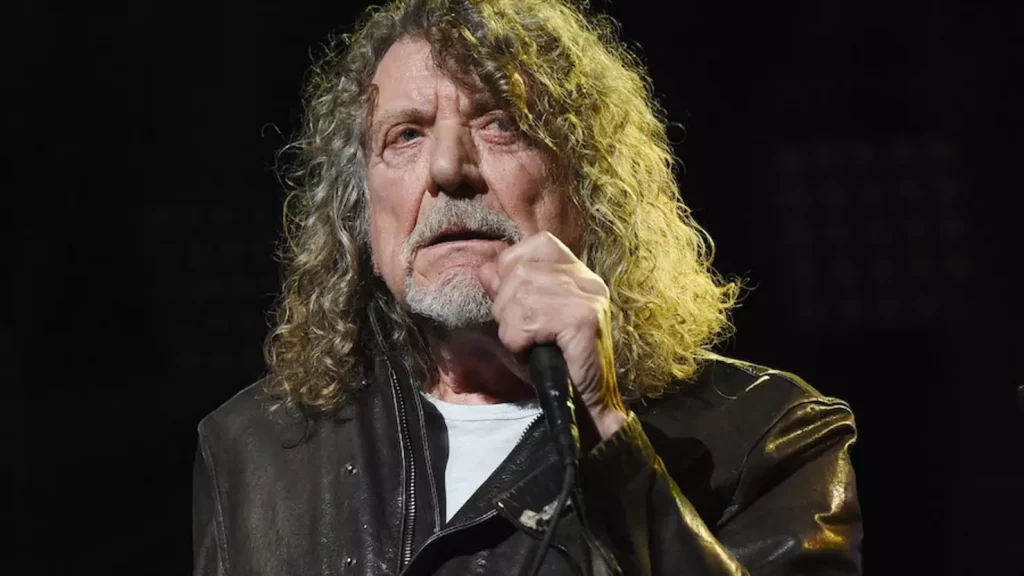
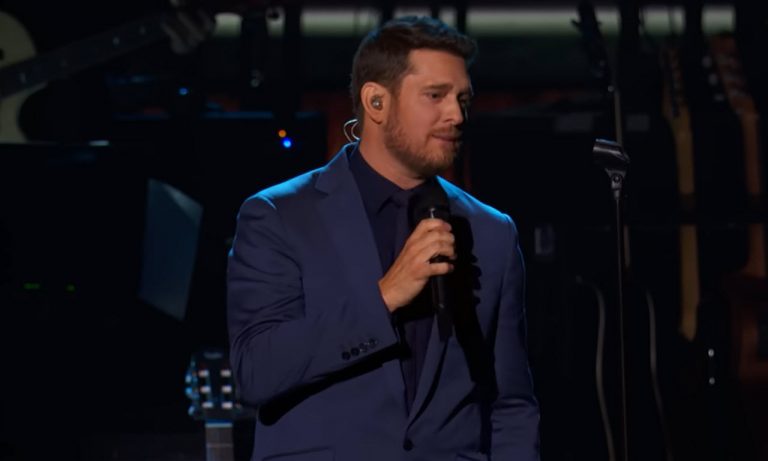


:max_bytes(150000):strip_icc():focal(749x0:751x2):format(webp)/mick-jagger-kids-deveraux-3d22de5f7d9647d39b1428d45d6d4fc7.jpg)

